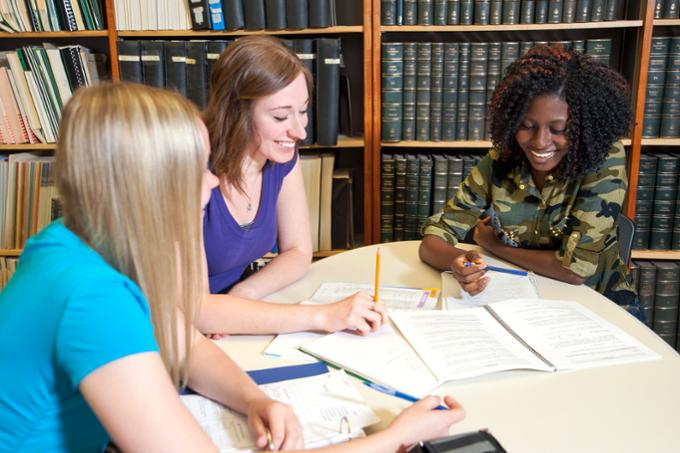
Centre for Continuing Education
Where Learning Has No Limits
Our mission is simple – provide high quality, accessible, innovative and responsive education to learners throughout their lives. We strive to appeal to a diverse audience and provide ongoing support for your ever-changing needs. Our goal is to remain connected to our students and communities as we provide exceptional learning experiences and a commitment to organizational excellence.
Online, Professional and Continuing Education
Looking for a way to stand out in the job market? Wondering how to begin, or get back to, your university education? Or maybe you're interested in making the jump into leadership or landing that new job? We know your busy life demands options and flexibility that work for you. Your education is no different.
Use professional development at the University of Regina to get official recognition of the skills employers are looking for in areas like leadership, communication, innovation, and project management. Plus, you'll find plenty of online and in-person courses designed to boost your employability and enhance your life.
Learn anywhere, anytime with our growing number of online courses and programs. Talk to an advisor about the many ways you can access a U of R education - how you can try out a few courses, get a one- to two-year undergraduate certificate, get your certificate and degree at the same time, or put your undergraduate certificate to work for you, applying it to further degree studies.
Customize your career path with online, professional and continuing education. It’s time to land your dream job!
Programs for Everyone!
Did you know that the Centre for Continuing Education has many students and offers many programs, in addition to the traditional undergraduate certificates and diplomas? Some of our programs may surprise you!
Undergraduate Certificate Spotlights

Administration 1
Develop analytical skills and an understanding of organizational behaviour as you learn about the forces that shape management decisions. Explore the option to work your way toward a B.Admin. with a Level I and Level II Certificate and the Diploma.

Liberal Arts
Showcase your broad base of knowledge along with your ability to think creatively, problem solve and write with clarity and conviction. Get the certificate, the diploma, then a degree!
Professional Certificate Spotlights

Leadership
Increase employee engagement, enhance productivity and improve your organization's culture with effective leadership skills and values.

Business Analysis
With a demanding job and busy family, flexibility is key. Classes are available online and in the evening to help you achieve these academic dreams while still working. I never thought I would go back to school after 40 but I did and I am loving it!
Continuing Education Stories
Get Results with Custom Training
Are you looking for custom training options that suit the unique needs and objectives of your organization? We can help!
Attention Employers!
Our expert instructors will tailor content to your specific industry and training goals with areas of study ranging from emotional intelligence and project management to leadership and risk management. You will receive unparalleled support and guidance from your business development consultant and our dedicated student services team.
What can you expect from Custom Training?
- Training is built around your schedule, budget, and goals
- A great way to build teams, motivate staff, and engage employees
- Customizable for each employee group and desired learning outcomes
- Cost-effective with no prerequisites required
- Training grants and subsidies are available to help cover the cost
Request a free proposal for a customized workplace training program.
Join Us at Our Events
Contact Us
Professional Development & Community Programs
306-585-5748
SIS.Noncredit@uregina.ca
English as a Second Language Programs
1-306-585-4585
esl@uregina.ca

